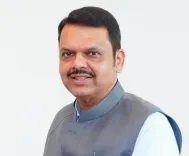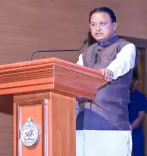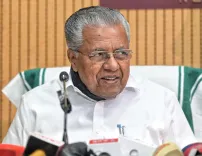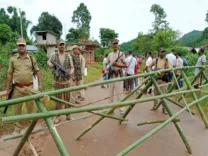Was the Emergency a Murder of the Constitution?
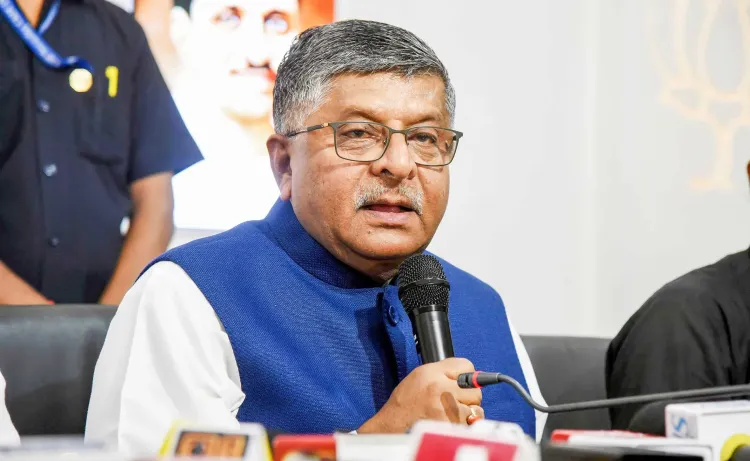
Synopsis
Key Takeaways
- Emergency declared on June 25, 1975.
- Over 1.5 lakh arrests, including leaders and journalists.
- Forced sterilizations affected over 60 lakh individuals.
- BJP commemorates the day as 'Constitution Murder Day.'
- Significant implications for India's democratic values.
New Delhi, June 25 (NationPress) BJP MP and former Union Minister Ravi Shankar Prasad stated on Wednesday that the Constitution was 'murdered' on June 25, 1975, when then Prime Minister Indira Gandhi enforced Emergency in the nation.
Reflecting on the hardships endured during the Emergency, Prasad, who was in Mumbai, informed the press that more than 1.5 lakh individuals, encompassing leaders such as Morarji Desai, Atal Bihari Vajpayee, L.K. Advani, Jayaprakash Narayan, George Fernandes, along with 250 journalists and social activists, were detained. The Rashtriya Swayamsevak Sangh was prohibited, and judges were superseded.
Criticizing the Congress party and its leader Rahul Gandhi, the BJP representative questioned why the venerable party has not offered an apology for the Emergency's imposition, during which over 60 lakh individuals were forcibly sterilized, effectively turning the country into a prison.
"Remembering painful events is essential for fortifying democracy," he remarked.
In observance of the 50th anniversary of the Emergency's imposition, the BJP is conducting 'Samvidhaan Hatya Diwas (Constitution Murder Day)' nationwide, aiming to raise public awareness about their fundamental rights.
While the government at the time justified the Emergency by citing "internal disturbance," critics contend it was a maneuver to suppress dissent following a court ruling that invalidated Indira Gandhi's election.
Earlier today, Prime Minister Narendra Modi expressed that this day signifies 50 years of one of the darkest chapters in India's history, wherein the principles enshrined in the Indian Constitution were disregarded.
"It was as if the Congress Government at that time placed democracy under arrest!" PM Modi commented in a post on X.
Meanwhile, Congress President Mallikarjun Kharge criticized the BJP and Prime Minister Modi, asserting that it was a politically motivated strategy to distract from their shortcomings.
Kharge claimed that PM Modi consistently invokes a time that the nation has moved beyond.
Previously, RJD MP Manoj Jha, while labeling the Emergency a “dark chapter” in India’s democratic narrative, insisted that authoritarianism now flourishes under the pretense of democracy.
“There’s hardly any distinction between the dictatorship of that period and what we are witnessing today. Whenever you criticize another's history, reflect on your present,” he stated.

